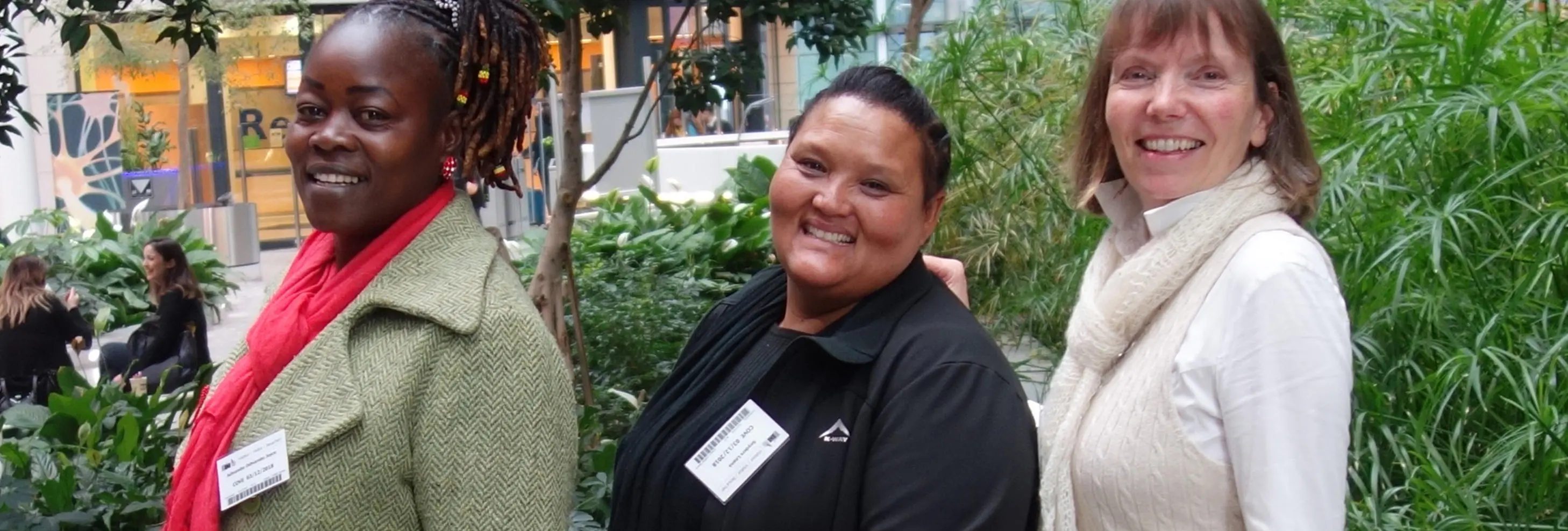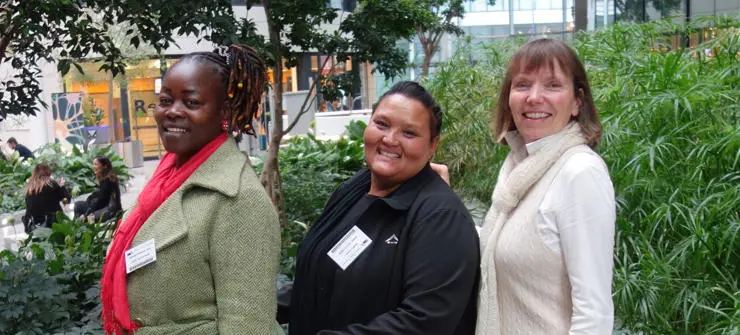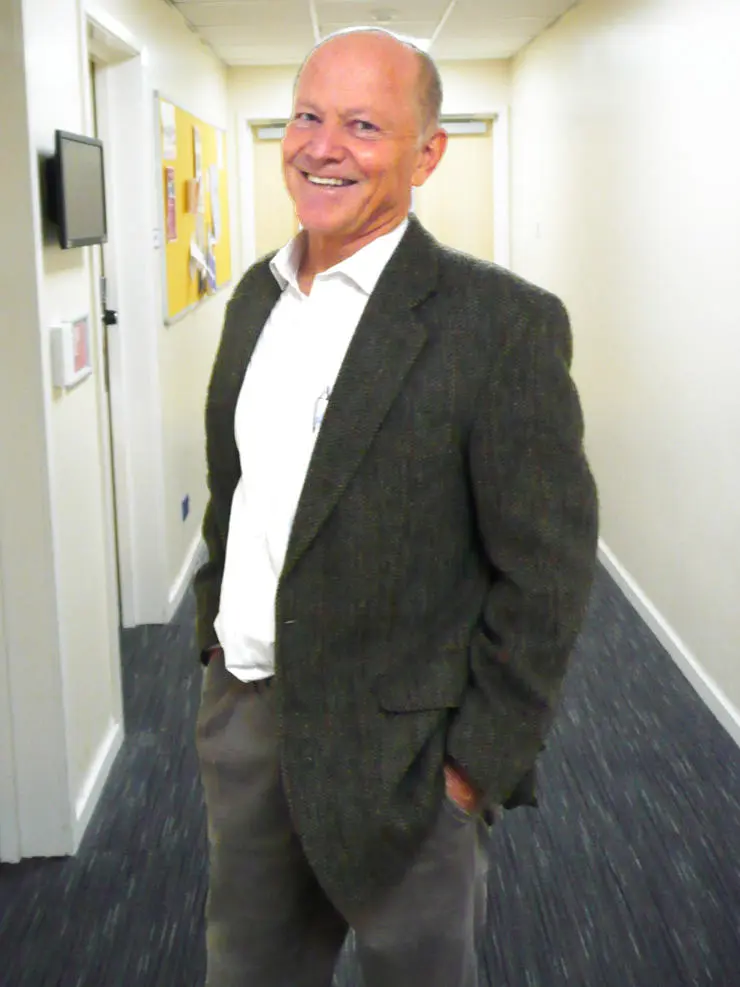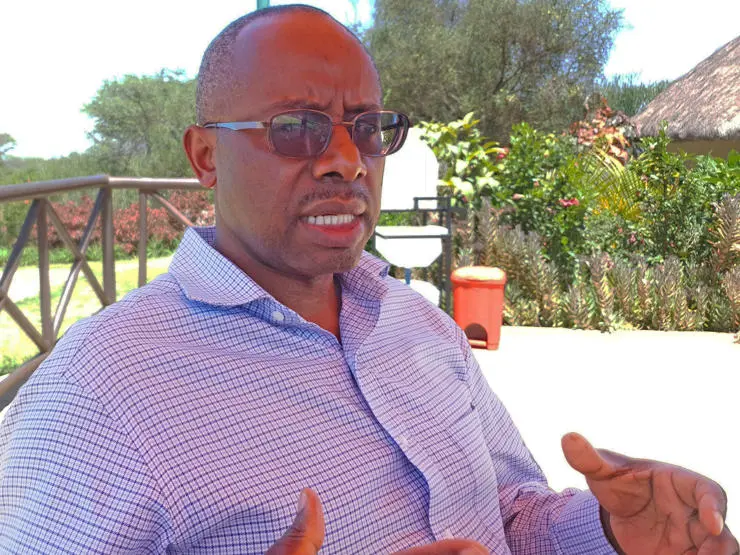UCLan leads on £700,000 Wellcome Trust grant to redefine vulnerability in the field of health research
The University of Central Lancashire (UCLan) and partners in Nairobi (Kenya) and Cape Town (South Africa) have been awarded more than £700,000 to transform the involvement of vulnerable populations in non-clinical health research.
Led by Professor Doris Schroeder, Director of the Centre for Professional Ethics at UCLan, the four-year ‘Leaving no-one behind in research’ project aims to make non-clinical health research less risky and more inclusive for otherwise marginalised populations.
The study has been granted £733,684 from research charity the Wellcome Trust in one of their most innovative research streams to date: the new and one-off Research Development Awards. These highly competitive awards are given to groups who take risks and push academic boundaries. Dr Dan O’Connor, the Wellcome Trust’s Head of Medical Humanities, said: “We have a moral obligation to take risks as a funder.”
"This is absolutely amazing news. We welcome respectful research on understanding and reducing San vulnerability to exploitation in research."
— Director of the South African San Council Leana Snyders
The project will examine whether the current concept of vulnerability in research is fit for purpose. To this end, representatives from the San indigenous peoples of the Kalahari in Southern Africa and sex worker teams from Nairobi in Kenya will define what vulnerability means to them and how they want to be protected in research.
Director of the South African San Council Leana Snyders said: “This is absolutely amazing news. We welcome respectful research on understanding and reducing San vulnerability to exploitation in research.”
Joyce Adhiambo Odhiambo, a community champion for HIV and sex worker peer educator from Nairobi, remarked: “I am very excited to be working again with Doris and her team, Dr Kimani and the San in South Africa, and this time as part of the research team.”
Professor Schroeder added: “Only by working with vulnerable participants as part of the immediate research team will we reach a point where all partners benefit from the research fairly and where maximum benefits can be gained, also for science. I am very grateful that the Wellcome Trust is funding our ambitious vision.”
"Only by working with vulnerable participants as part of the immediate research team will we reach a point where all partners benefit from the research fairly and where maximum benefits can be gained, also for science."
— Professor Doris Schroeder, Director of the Centre for Professional Ethics at UCLan
The team will also seek to develop new methods to reduce the dangers for vulnerable populations in research, such as limiting the use of sensitive personal data, and to develop and test innovative leadership structures so that leadership is shared across continents, cultures and disciplines.
Co-applicants Dr Roger Chennells, a human rights lawyer from Cape Town who has represented the interests of indigenous peoples for the past 25 years, and Dr Joshua Kimani, Clinical Research Director, Partners for Health and Development in Africa, Nairobi, will each lead the project for one year.
Dr Kimani said: “The news about the award came when other funders were reducing their overseas research development programs. We are all absolutely thrilled that the Wellcome Trust is funding a program that will enhance research by improving its equity.”
Dr Roger Chennells added: “There is still so much to do to improve equity in international health research, I am honoured that I will be part of building an agenda for the next decade.”




